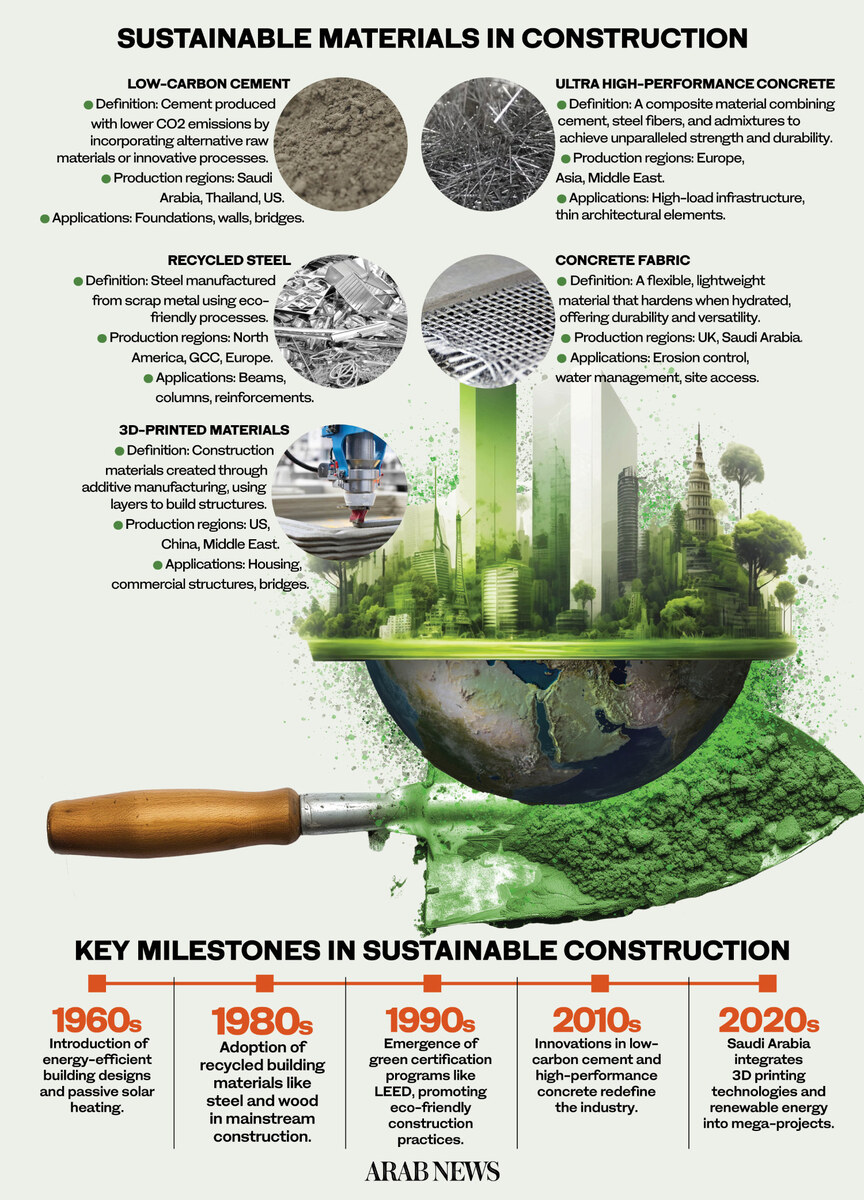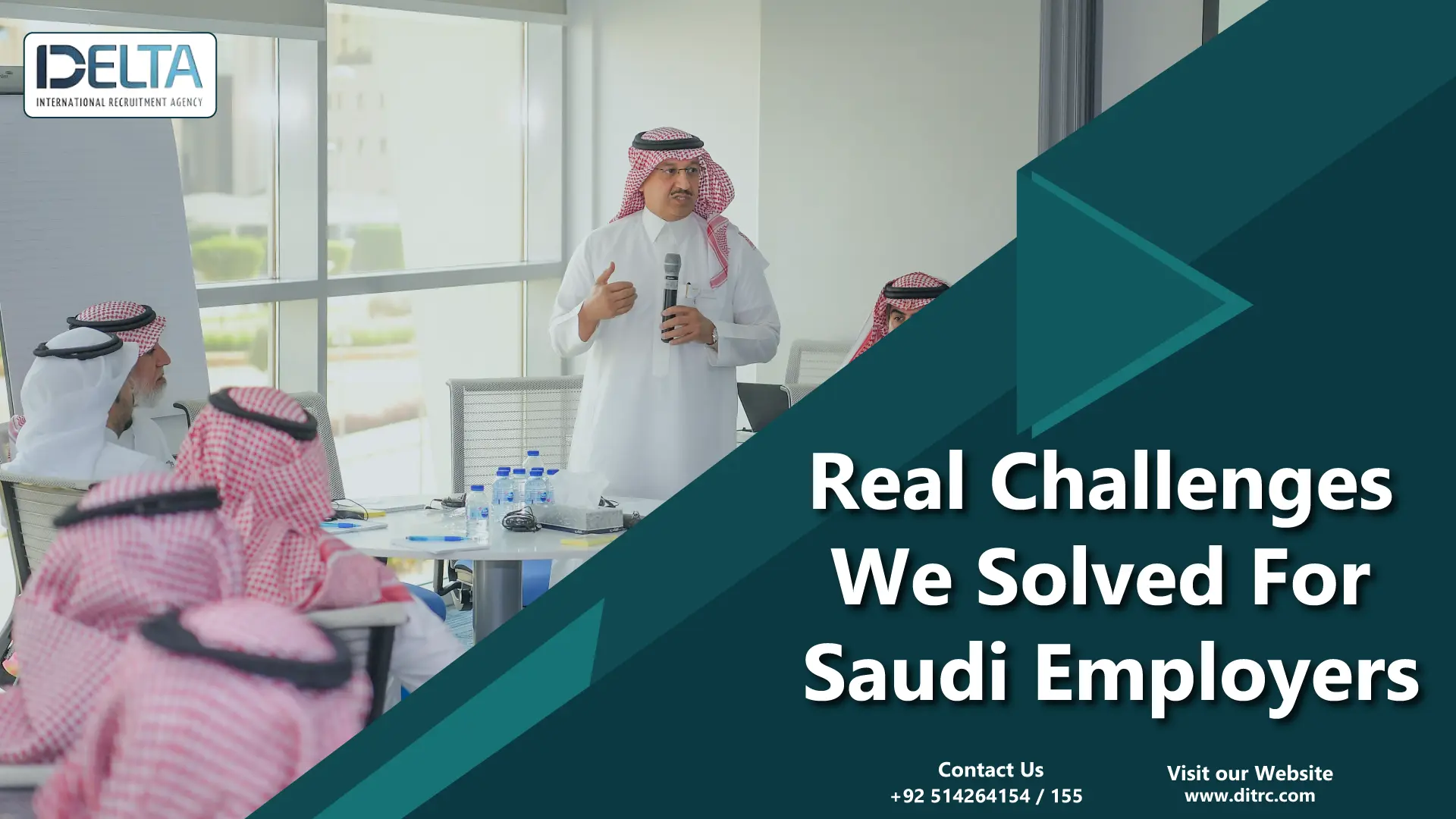For decades, Saudi Arabia’s economythrived on a single truth: oil. With 15% of the world’s proven oil reserves anda 50% GDP contribution from hydrocarbons, the kingdom became synonymous withblack gold. But volatile oil prices, climate change pressures, and a young,tech-savvy population demanding jobs beyond rigs have exposed the fragility ofthis model. By 2023, oil revenue dropped to 32% of GDP, signaling urgency forchange.
Enter Vision 2030—a blueprint topivot Saudi Arabia from an oil-dependent state to a diversified tech andconstruction leader. Yet, questions linger: Can a nation built on fossil fuelsreinvent itself? How will it balance legacy industries with futuristicambitions? This article unpacks Saudi Arabia’s bold transition, exploring itstech-driven strategies, construction megaprojects, and the hurdles it mustovercome to secure a post-oil future.
How Saudi Arabia Became an Oil and Gas Giant
Saudi Arabia’s rise as an energytitan began in 1938 with the discovery of the Dammam oil field. By the 1970s,nationalized giant Aramco turned the kingdom into the world’s largest oilexporter, fueling 90% of its budget.
Oil wealth funded infrastructure,healthcare, and subsidies, creating a welfare state. However, this reliancebecame a double-edged sword. The 2014 oil price crash erased $200 billion fromSaudi reserves, exposing systemic risks. While the Saudi Arabia Oil& Gas sector remains critical, Vision 2030 acknowledges thatclinging to hydrocarbons risks economic stagnation.

Image by arabnews.com/saudi-arabia
Why Saudi Arabia is Shifting to Construction and Tech?
Three factors drive the pivot:
- Economic Survival: Oil prices are unpredictable. Renewables and EVs could erase 70% of oil demand by 2050 (IEA).
- Youth Unemployment: 65% of Saudis are under 30, with 28% unemployed. Tech and construction promise jobs in AI, robotics, and urban development.
- Global Competitiveness: Neighbors like the UAE and Qatar are outpacing KSA in innovation rankings.
Vision 2030 targets increasingnon-oil revenue to 50% by 2030, with Saudi Arabia Tech 2025 initiativeslike a $6.4 billion investment in AI and a 2,300% surge in startup fundingsince 2018.
Main Ideas of Tech and Construction in Vision 2030
The Vision hinges on three pillars:
1. NEOM and Smart Cities
A $500 billion futuristic city, NEOM, aims to run on 100%renewables and host AI-driven industries. Smaller projects like Red Sea Global($3.2 billion) and Qiddiya (entertainment hub) diversify tourism.
2. Localizing Tech Talent
Initiatives like TAQADAM (startup accelerator) and partnershipswith Google Cloud and Huawei aim to train 20,000 coders by 2025.
3. Construction Boom
Over $1 trillion in giga-projects:
Project
Investment
Purpose
The Line (NEOM)
$200 billion
Carbon-free linear city
Diriyah Gate
$20.2 billion
Cultural tourism hotspot
King Salman Energy Park
$1.6 billion
Industrial manufacturing hub
What Challenges Will KSA Face While Making the Great Shift?
- Bureaucracy: Slow permit approvals deter foreign firms.
- Talent Shortage: 41% of Saudi graduates study humanities, not STEM.
- Funding Gaps: NEOM requires $500 billion—half of Saudi’s sovereign wealth fund.
- Cultural Resistance: Conservative norms clash with tech’s disruptive ethos.
What Resources Should Saudi Arabia’s Government Focus On?
- Human Capital: Redirect education budgets to AI, robotics, and vocational training.
- Infrastructure: Expand 5G (currently 89% coverage) and high-speed rail networks.
- Regulatory Reforms: Ease foreign ownership laws (now 100% in free zones).
- Public-Private Partnerships: Attract firms like Amazon Web Services and Alibaba Cloud.
Should Businesses Invest in Saudi Arabia?
Pros:
- Tax incentives (0% income tax for 15+ years in some zones).
- Strategic location linking Asia, Europe, and Africa.
- $220 billion in FDI opportunities by 2030.
Cons:
- Geopolitical risks (regional tensions, oil market volatility).
- Bureaucratic delays (ranked 62nd in World Bank’s Ease of Business Index).
Tech giants like Microsoft andOracle have already established regional HQs in Riyadh, betting on SaudiArabia Tech 2025 growth. Construction firms like Bechtel and HyundaiEngineering are bidding for giga-project contracts.
Conclusion
Saudi Arabia’s shift from Saudi Arabia Oil & Gas dominanceto tech and construction isn’t optional—it’s existential. While challenges likebureaucracy and skill shortages persist, Vision 2030’s scale ($3.2 trillion inplanned spending) signals unwavering commitment.
For investors, the message isclear: KSA offers high-risk, high-reward opportunities in a market hungry forinnovation. As Crown Prince Mohammed bin Salman asserts, “We will not wait 30years to become another oil-dependent victim.” The countdown to 2030 has begun.
In short Saudi Arabia can be agreat spot to start a business for next 10 years. If you are business or acompany looking for overseas recruitment solutions. Delta International RecruitmentCompany can be you #1 Partner for sourcing high quality talent from Pakistanfor your Saudi Business.
We offer recruitment solutions alsoas these👇:




























